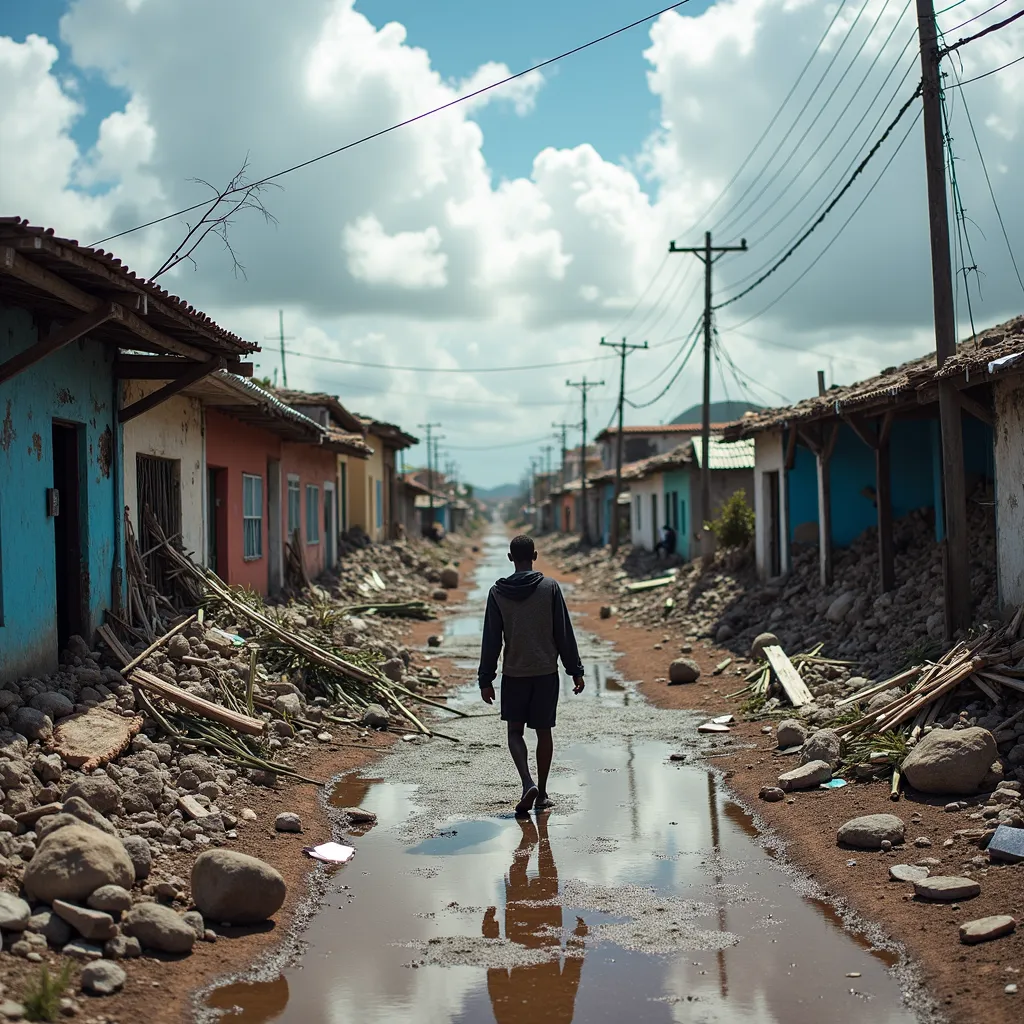This morning’s headlines paint a stark picture of Haiti’s ongoing struggles with violence, political instability, and economic hardship, but also highlight glimmers of hope and resilience.
From somber funerals to crucial government meetings and vital training programs, the nation continues to navigate a complex and challenging landscape.
Mourning a Journalist, Condemning Violence:
The funeral of journalist Jimmy Jean, tragically assassinated on Tuesday, December 24, 2024, took place yesterday at St. Peter’s Catholic Church in Pétion-Ville. Family, colleagues, and friends gathered to pay their respects.
Mr. Jean was a victim of a brutal gang attack on the General Hospital while attempting to report on its reopening after being closed since February 29, 2024. The attack also claimed the lives of journalist Mackendy Nathoua and police officer Daniel Renaud, and injured seven other journalists who continue to receive medical care.
This horrific incident underscores the grave dangers faced by journalists in Haiti and the urgent need for improved security.
Government and Judiciary Seek Collaboration:
Prime Minister Alix Didier and Justice and Public Security Minister Patrick Pellissier met with members of the Superior Council of the Judiciary (CSPJ) to discuss the constitutional missions of both institutions in ensuring democratic governance.
The Prime Minister emphasized the importance of collaboration between the executive and judicial branches, acknowledging the difficulties faced by the justice system, particularly due to the ongoing insecurity in various parts of the country. Minister Pellissier announced the securing of a space at Delmas 75 to allow the Port-au-Prince Court of First Instance to resume operations in the coming days.
Investing in Journalistic Capacity:
The Bank of the Republic of Haiti (BRH) concluded its second edition of economics training for journalists yesterday. The program, which ran from June to December 2024, included participation from government officials, BRH board members, media directors, and other prominent figures in the sector.
Twenty-four journalists from various media outlets in the capital received this professional training, enhancing their understanding of economic concepts such as inflation, economic growth, trade balance, and the functioning of a finance law. This initiative represents a valuable investment in strengthening the media’s capacity to report accurately and informatively on economic issues.
No US Military Intervention Planned:
Florida Senator Marco Rubio, reportedly the next US Secretary of State under the Donald Trump administration, stated that there are no plans for a US military intervention in Haiti. The United States continues to support the multinational mission in the country.
Senator Rubio acknowledged that there are no easy solutions for Haiti and noted that the security crisis could destabilize the Dominican Republic and exacerbate regional challenges, particularly concerning immigration, according to the Miami Herald.
Government Appointments and Restructuring:
Eighty executive agents, 41 vice-delegates, and 10 departmental delegates have been appointed, with official decrees expected on Monday, January 20th. Decrees for municipal cartels and mayors are expected this weekend.
Changes are also anticipated in the mayoral positions of several cities, including Cap-Haïtien, Léogâne, Miragoâne, Jérémie, and Gonaïves.
Teachers Demand Better Conditions:
School teachers protested yesterday in front of the Ministry of Education, demanding better working conditions, including salary adjustments and social benefits.
Hope in the South:
Civil society members in the Grand Sud region welcomed the reopening of the Port of Saint-Louis du Sud, believing it will provide a significant opportunity for the region, which has faced numerous difficulties due to insecurity. They stressed the need for reinforced security in the area and continued pressure to unblock major roadways.
The news from Haiti remains a complex mix of challenges and opportunities. While violence and instability continue to plague the nation, there are also signs of progress and resilience.
The international community must continue to support Haiti in its efforts to build a more secure and prosperous future. The need for sustainable solutions, addressing the root causes of the crisis, and empowering local communities is more critical than ever.


